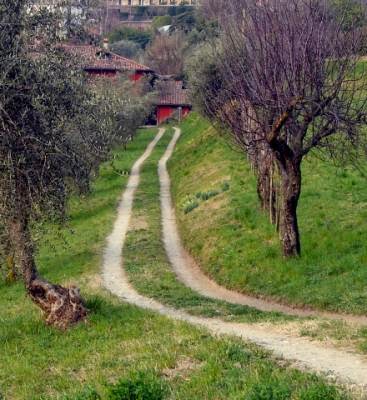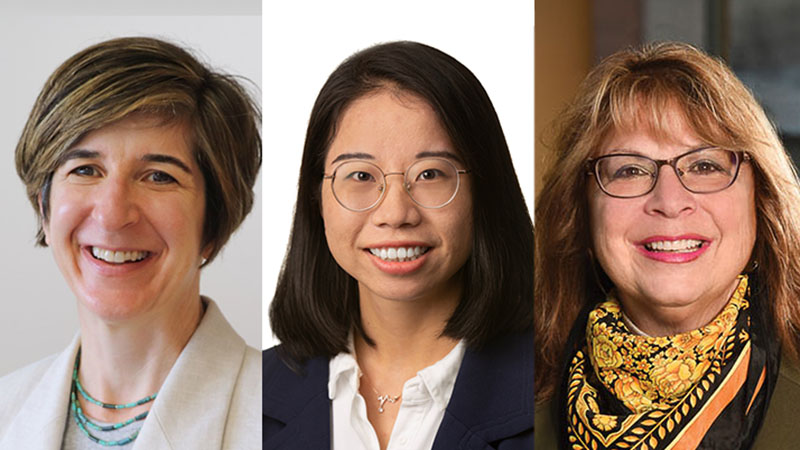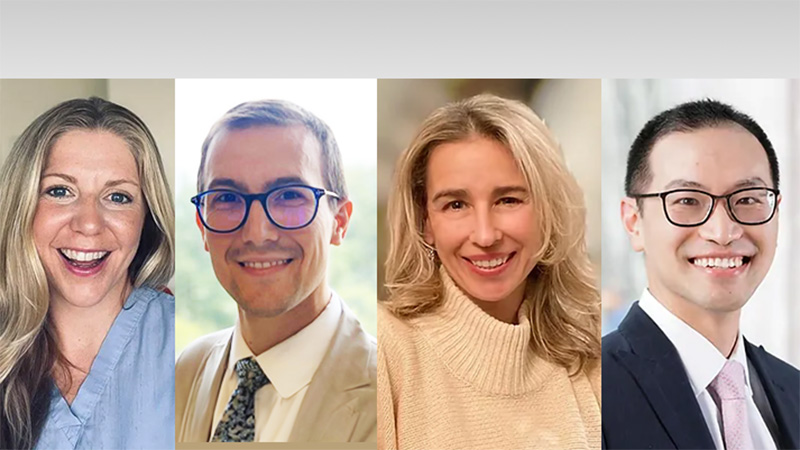
by: Amy Getter, a hospice nurse who blogs regularly at hospicediary.com
In our ever-challenging and changing medical system, the current hospice and palliative care movement has undergone heightened scrutiny, increased regulatory stipulations, and in general has become a part of the federal government’s health care crisis (just review Medicare Conditions of Participation and billing requirements to get a head full of terms and guidelines to be overwhelmed by it all). Yes, hospice has become big business.
I am a hospice nurse. I have seen the changes in the past decade, as Medicare requirements become more stringent and hospice has moved from grassroots to mainstream; and the “evidence-based practice” mantra has precluded use of medications and treatments that have historically been effective but now lack current “research validation”. Or new results from a few cooperate-funded studies who have the most to gain by predetermining that certain treatments are not effective change our practice, and I can’t help but wonder about bias. Or large pharmaceutical companies, (providing much of the funding sources for many of the studies on medications), suddenly phase out older medications that are not profitable. Or politics become involved in deciding things like what opioid medications should be approved for public use and how people’s choices at the end of life must be managed by laws and public approval.
And I must pose the question, “Are we losing sight of what hospice care is all about?” I see younger nurses coming into the hospice profession, and learning about “best practice”, being taught that the “experts” know best. That “evidence based practice” is THE answer.
I am reminded of the middle of the last century, when birthing practices became managed and performed by experts in white coats in medical facilities, new technology and expert roles slowly removing the simplicity and normalcy of birth. I am not trying to over-simplify a complex experience, truly: not every birth and death is uncomplicated and many need to have advanced medical care. Thank goodness for advances and treatments that were hitherto unknown! But I am advocating that we not have total reliance on the science of death and dying, remembering how both birth and death have sacredness and mysticism that cannot be quantified. For centuries, birthing and dying are the human experience. Is it really only now, with our medical advancement, that we know how to provide ease of suffering in both states of humanness?
I heard, again, from hospice staff this week, how a family should let the patient be transferred out of the home and placed “where experts in end of life care could care for him”, while the loved ones could just be “the family”, coming to visit and sit at the bedside. And I was a little horrified, that we, the hospice “experts” are succumbing to the lie that caring for the dying is so complicated and combersome, we must rely on “experts” to provide the answers and often even the care. I do not believe we, “the experts”, can provide the same level of solace as a person who has loved a dying family member all their lifetime. I am and always will be an advocate for the patient and family, with the conviction and goal in hospice nursing to create confidence in family members. They can be the ones who comfort and care for their own dying loved one in their own home whenever possible. Isn’t that what most of us hope for, when we die, to be at home with family?
For centuries, caring for the dying relatives was a part of life lessons taught while children grew up in multi-generational living environments, and saw the normalcy of caring for ones’ elders through the lifespan. I like to believe that the basics of care for a dying person can be taught in an atmosphere of simplicity and loving kindness, and the gift that family receive from providing the care is a part of the lasting memorial to that loved one. In fact, this has been my experience time and time again.
I empathize with wanting to standardize and compartmentalize dying, we all would like to have it tidied up and handled for us. It might seem more palatable in the white halls of the medical experts. But I am certain that dying will always involve the messiness and unexpectedness that birthing also entails. Nor does the current body of evidence preclude learning from centuries of how people die.
I am, and will always be, thankful to my dying patients, the only ones actually experienced in dying, who have shown me time and again to STOP, leave my agenda behind, LISTEN to their hopes and desires, and bring perhaps some insight, but not all the “answers” to their bedside. After all, as I have said before, I might be the hospice nurse, but THEY are the experts.
Photo by Joan Teno



